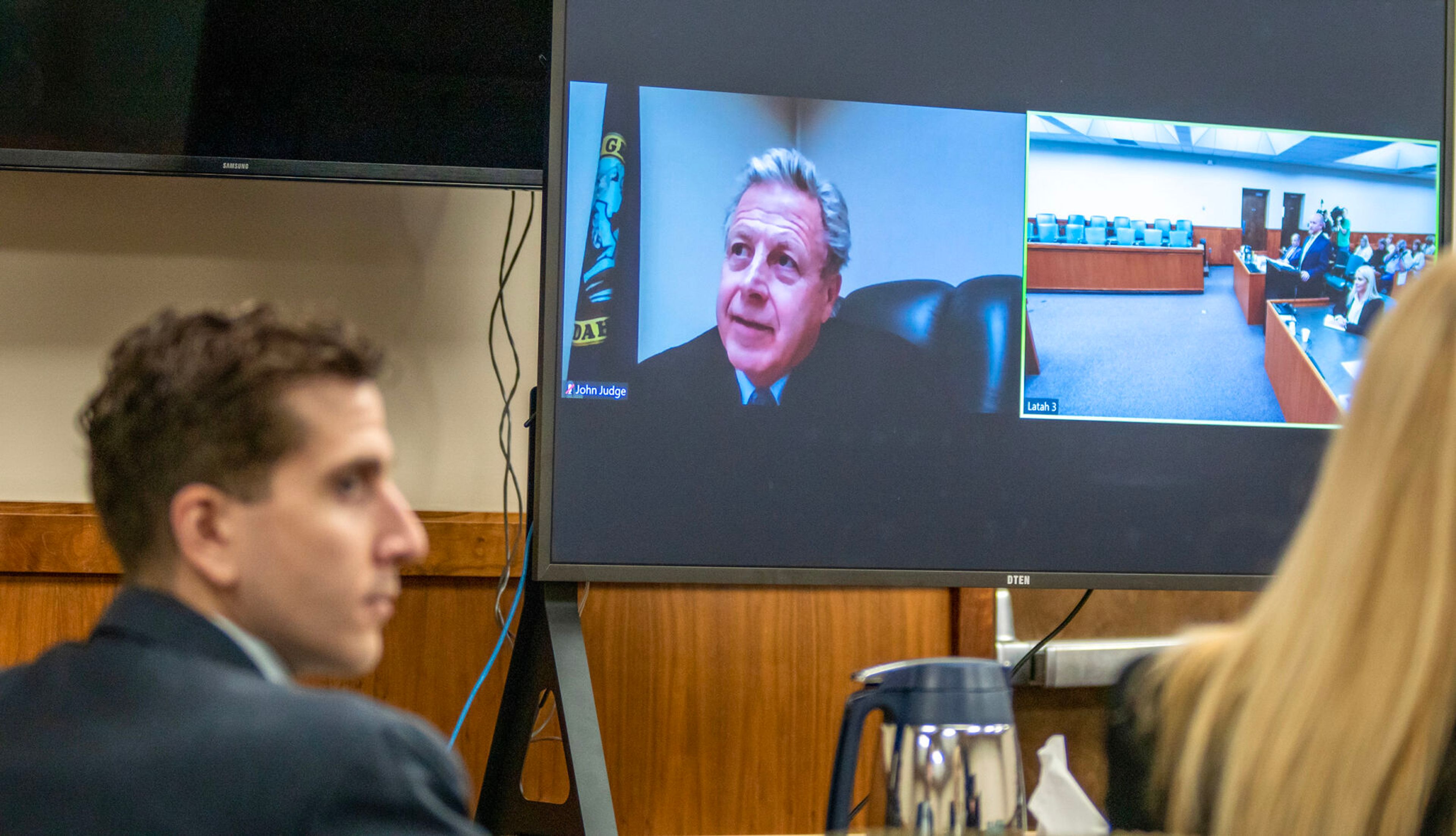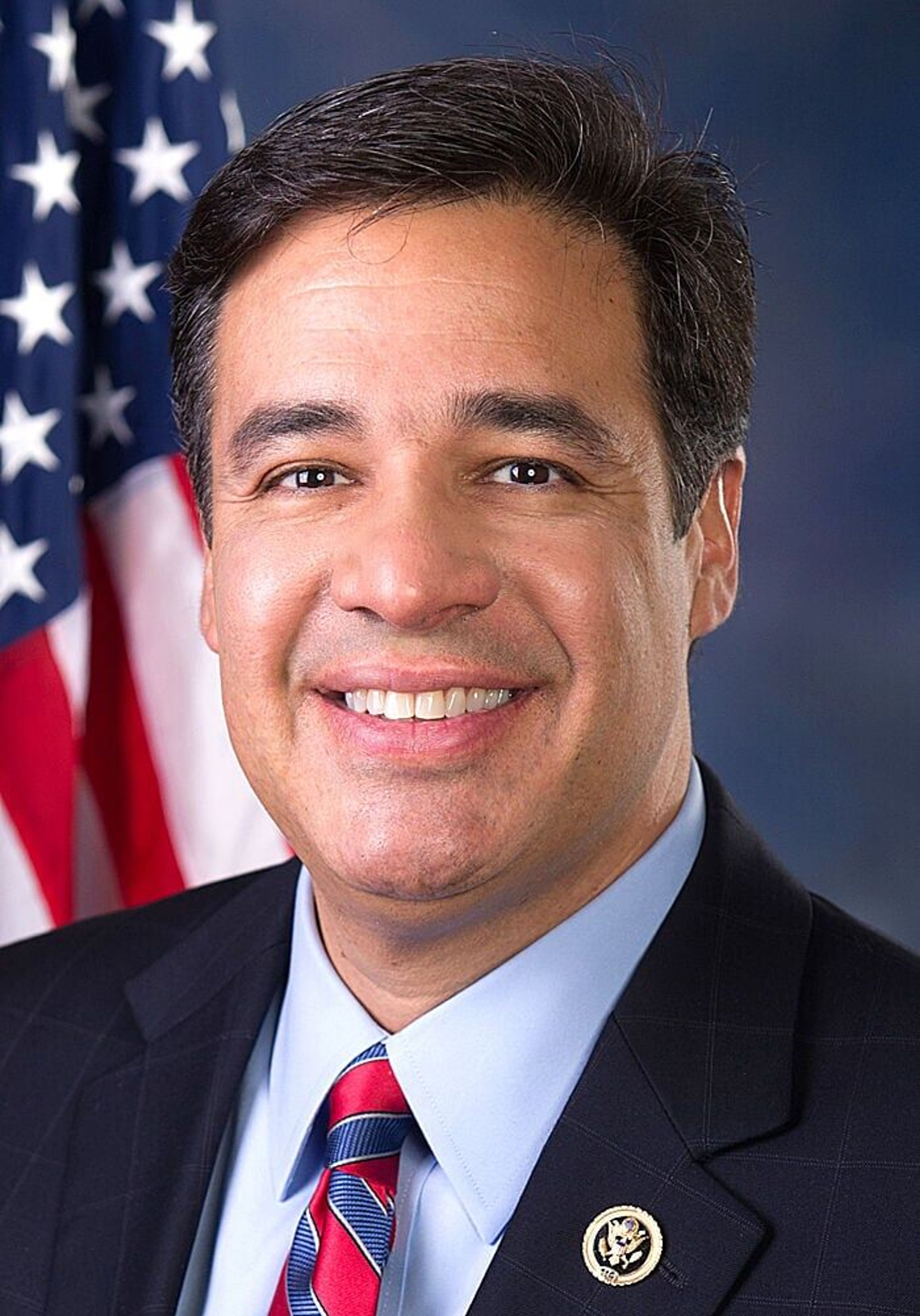Initial testimony for anti-hazing law set for today
Family of Sam Martinez, who died of alcohol poisoning at WSU fraternity, supporting bill in Washington Legislature designed to crack down on hazing
When Washington State University freshman Sam Martinez died two years ago in a hazing-related incident at his fraternity, Alpha Tau Omega, 15 current and former ATO members were charged with furnishing liquor to minors, a gross misdemeanor.
Roughly half pleaded guilty last year, with sentences between one and 19 days in jail and a $500 fine. The others are continuing their cases into April.
For the family, those charges weren’t nearly enough, said Jolayne Houtz, Martinez’s mother.
The family is now supporting legislation they hope will prevent more deaths like their son’s.
“We believe it is long past time to put an end to the toxic culture of hazing,” Houtz wrote in a letter. “Our family’s goal is simple: to help save a life for the one taken from us.”
Washington House Bill 1758, or “Sam’s Law,” would increase criminal penalties for hazing. Currently, hazing is considered a misdemeanor in the state of Washington. Sam’s Law would change it to a gross misdemeanor, and a class C felony in the case where it causes substantial bodily harm.
Under state law, misdemeanors are punishable by jail time for no more than 90 days, a fine no more than $100, or by both jail time and a fine. Gross misdemeanors can be punished by imprisonment in jail for a maximum of 364 days, a fine of no more than $5,000, or both. A class C felony may be punished by up to five years in a state correctional facility, a fine of up to $10,000, or both.
The family is also supporting House Bill 1751, which would increase hazing-prevention training and require greater transparency from colleges, universities and Greek organizations about hazing and other conduct violations.
Washington state legislators will hear initial testimony today for that bill.
HB 1751 would require any public or private institution of higher education to prohibit hazing on and off campus as part of its code of conduct; provide students and their parents or legal guardians access to educational programming on hazing; and maintain and publicly report violations of anti-hazing policies, which would be accessible on the college or university’s website.
It would also require the institution to provide training on hazing to every employee, and create a reporting requirement should an employee witness or have reasonable cause to believe hazing is occurring.
The proposed law would also require fraternities and sororities to notify the college or university before chartering, opening or operating at the institution and notify the institution should the chapter instigate an investigation for hazing or related activities.
Should an investigation be conducted, the organization would be required to provide a copy of the full findings to the college or university’s conduct office, and provide web links for all websites owned or operated by the local chapter with a landing page showing the past five years’ findings for violations of anti-hazing policies, as well as state and federal laws on hazing, alcohol, drugs, sexual or physical assault, or the institution’s code of conduct against the local chapter.
The hearing for HB 1751 is scheduled for 10 a.m. in the House College and Workforce Development committee, and can be streamed on tvw.org.
Martinez was 19 when he died of acute alcohol intoxication in November 2019.
This report is made possible by the Lewis-Clark Valley Healthcare Foundation in partnership with Northwest Public Broadcasting, the Lewiston Tribune and the Moscow-Pullman Daily News.







